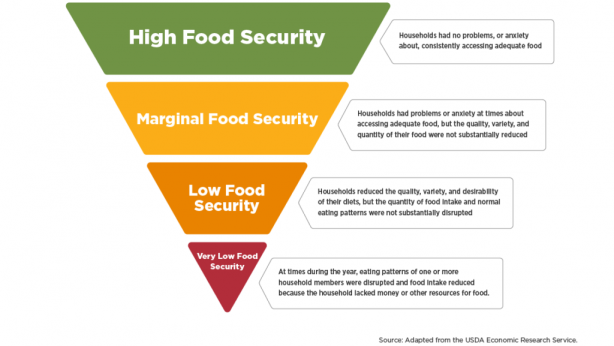What Can a Family Do for a Loved One With PTSD?
A family can do a number of things to cope with a loved one’s PTSD, including:
- Understand that behavior does not necessarily equal true feelings. Your loved one may want to go out with friends and family but is too afraid of running into upsetting thoughts and memories. It is important for family members to understand their loved one’s symptoms and the impact of those symptoms on behavior.
- Know the triggers. A family also needs to be aware of their loved one’s triggers. For example, if you know that the nightly news on the TV always triggers your loved one’s PTSD symptoms, you may want to schedule other activities during that time so there is no way that your loved one will experience that particular trigger.
- Consider changing routines. Family members may also need to change their routines based on a loved one’s symptoms. For example, if your loved one tends to have nightmares, try to figure out a way to wake him up without touching him. Some people with PTSD may respond as though they are being attacked.
- Get help. Support groups and/or couples counseling may be a good way to learn how to communicate with your loved one, as well as cope with PTSD symptoms. They may also help you find the best way to encourage your loved one to get help if he or she hasn’t already.
Family Support is Crucial
The symptoms of PTSD are the body’s attempt to cope with extreme stress. Recovery from PTSD can be a long and difficult road. A family’s support and understanding can be invaluable in your loved one’s journey to recovery.

